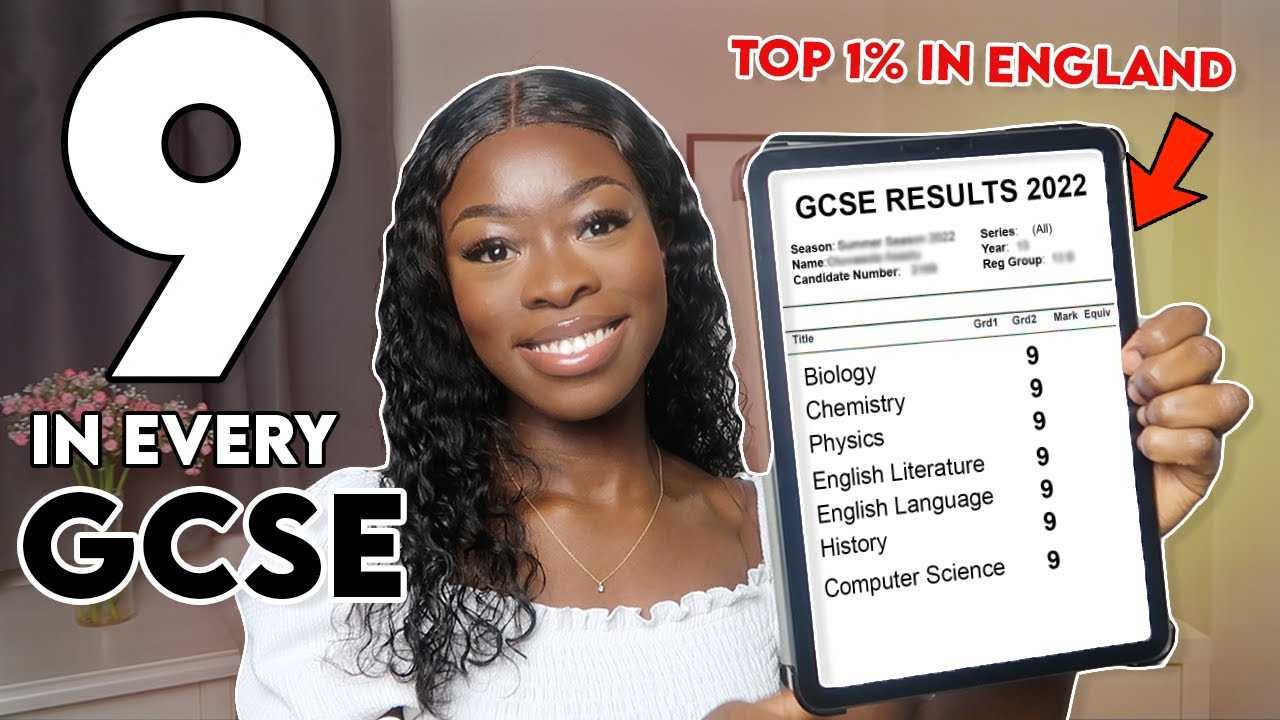HOW TO TAKE UNIVERSITY NOTES // WRITING NOTES FOR LECTURES, READINGS & SEMINARS
Summary
TLDRIn this video, a third-year geography and German student from the London School of Economics shares her top tips on effective university note-taking. She discusses the best devices (laptops, tablets, pen and paper), tools (Microsoft OneNote, Google Docs, Notion), and techniques to streamline the note-making process. Her main advice includes writing lecture notes before attending class, focusing on value-added information, and integrating reading notes into lecture notes. She emphasizes working smart, being selective, and actively engaging with content rather than passively highlighting. The goal is to create concise, exam-ready notes while adapting methods that work best for individual students.
Takeaways
- 📒 Writing notes effectively is key for university success, and it can vary based on individual preference.
- 🖊️ Students in STEM fields might prefer traditional pen and paper for diagrams, but social sciences students often benefit from using laptops or tablets.
- 💻 Cloud-based note systems like OneNote, Google Docs, and Notion are excellent for organizing and accessing notes from anywhere.
- 🖥️ It's not necessary to have expensive equipment; a basic laptop can perform just as well for most students.
- 📝 Preparing notes before a lecture by writing up PowerPoints or materials ahead of time can help students focus better during class.
- 🔍 Modify difficult or unfamiliar terms in the lecture slides to simpler language before attending the lecture to aid understanding.
- 🎯 During lectures, concentrate on slides or topics that are harder to understand, as it's impossible to give full attention for the entire session.
- 📚 Doing lecture notes before the readings helps frame the content and makes the readings easier to understand.
- 📝 For readings, focus on summarizing the overall message and extracting key points rather than trying to digest every word.
- 🎯 Keep your notes concise and relevant to what could be examined or useful for essays, rather than overwhelming yourself with excessive detail.
Q & A
What are the main challenges students face when taking notes at university?
-Students often feel overwhelmed by the volume of information, including lectures, readings, and assignments, and struggle with finding efficient ways to take notes.
What are the different methods of note-taking mentioned in the script?
-The script mentions traditional pen and paper, digital note-taking using laptops or tablets, and specific software like OneNote, Google Docs, and Notion.
Which note-taking method does the speaker recommend for social science courses?
-The speaker recommends using a laptop or a tablet for social science courses because they tend to involve more text-based content rather than diagrams.
What are the advantages of using OneNote for note-taking?
-OneNote acts like a digital notebook where students can search through notes and readings simultaneously, making it easier to find information. It also allows students to store readings and notes in the cloud for easy access.
Why does the speaker find Notion too complicated?
-The speaker finds Notion difficult to set up and too complex for their needs, though they acknowledge that some students use it successfully.
Why does the speaker recommend writing lecture notes before attending the lecture?
-Writing notes before the lecture helps the student gain an initial understanding of the material, making it easier to focus on the lecturer's additional insights during class.
How does the speaker deal with unfamiliar terms in the lecture notes?
-The speaker Googles unfamiliar terms and replaces complex words with simpler ones that they understand, which helps them better follow the lecture.
What is the speaker’s opinion on the importance of reading before lectures?
-The speaker suggests doing the reading after the lecture, as the lecture provides a general outline that helps frame the reading and makes it easier to understand.
How does the speaker organize reading notes to be more efficient?
-The speaker advises summarizing readings as much as possible, focusing on key points and the overall message, and avoiding extensive highlighting of texts.
What is the main takeaway from the speaker's note-taking strategy?
-The speaker emphasizes the importance of working smart, not hard, by organizing notes efficiently, focusing on essential content, and making the note-taking process active rather than passive.
Outlines

Dieser Bereich ist nur für Premium-Benutzer verfügbar. Bitte führen Sie ein Upgrade durch, um auf diesen Abschnitt zuzugreifen.
Upgrade durchführenMindmap

Dieser Bereich ist nur für Premium-Benutzer verfügbar. Bitte führen Sie ein Upgrade durch, um auf diesen Abschnitt zuzugreifen.
Upgrade durchführenKeywords

Dieser Bereich ist nur für Premium-Benutzer verfügbar. Bitte führen Sie ein Upgrade durch, um auf diesen Abschnitt zuzugreifen.
Upgrade durchführenHighlights

Dieser Bereich ist nur für Premium-Benutzer verfügbar. Bitte führen Sie ein Upgrade durch, um auf diesen Abschnitt zuzugreifen.
Upgrade durchführenTranscripts

Dieser Bereich ist nur für Premium-Benutzer verfügbar. Bitte führen Sie ein Upgrade durch, um auf diesen Abschnitt zuzugreifen.
Upgrade durchführenWeitere ähnliche Videos ansehen

HOW I SCORED TOP 2% in GCSE UK EXAMS - GRADE 9 IN EVERY SUBJECT (and how you can too!)

My first year at University experience | University College London (freshers tips & advice)

Tugas Mata kuliah Bahasa Inggris Hukum

How my friend ranked 1st at Medical School - The Active Recall Framework

My UX Portfolio Presentation | Hired at Amazon and IBM (Springboard Graduate)

iPad vs Laptop for Medical Students (The Best Tech for Medical School)
5.0 / 5 (0 votes)
